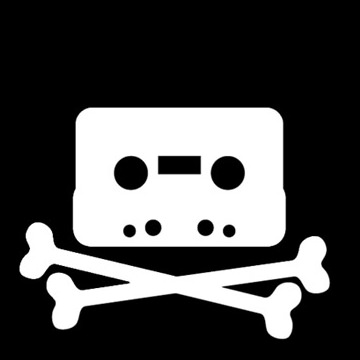Search engine giant aims to cut off revenue streams to websites offering pirated media content.
 Google is reported to be in talks with PayPal and the major credit card companies regarding a plan to cut off funding sources to websites offering links to copyrighted music, films and books.
Google is reported to be in talks with PayPal and the major credit card companies regarding a plan to cut off funding sources to websites offering links to copyrighted music, films and books.
It isn’t quite clear why Google is spearheading this initiative rather than one of the payment companies themselves, but the move is intended to make it more difficult for sites to profit from sharing links to illegal downloads – whether directly or via peer-to-peer sharing networks – and could be implemented within months.
Google’s laissez-faire attitude towards combating piracy has been called into question on numerous occasions in the past. In spite of thousands of removal requests from copyright holders, the company’s efforts to counter BitTorrent search site The Pirate Bay were roundly criticised. It took the intervention of legal bodies around the world to force ISPs to block access to the site (the success of which was debatable given the speed with which mirrors and alternatives circulated).
Google is in a unique position to cut off traffic to copyright-infringing websites directly at source, but remains focussed on seeking alternative methods to discourage the sharing of copyrighted content. Although its efficacy remains contested, copyright holders would probably argue that censorship would be better than nothing. However, Google’s reluctance to involve itself in overt censorship of illegal sharing sites seems to be based on protecting the service’s image as a neutral, unbiased indexer of web content.
Given even the most basic scrutiny, Google’s neutrality is clearly fallacious – its indexing system alone has a huge impact on the way virtually all of us use the web – but some would even go so far as to argue that the company is complicit in facilitating, endorsing and funding piracy. The company announced in December 2010 that it would be making increased efforts to expel copyright violators from its AdSense programme, which allows website owners to profit from placing automated ads alongside their content. Despite the company’s efforts, it’s clear that the system is still not foolproof. And that’s before we even consider the fact that Google owns YouTube, probably the world’s most popular outlet for copyrighted video and audio content – content which is often shared without the copyright holder’s permission.
The main point highlighted by this story is what a confused state anti-piracy initiatives are currently in. The inconsistency of Google’s position would be laughable were it not for the fact that it has such a major financial impact on copyright holders.

07.46 AM
Just don’t use google or chrome anymore.
08.50 AM
It’s safe, I think, to assume one of two things from this:
1) Legal worries coming from the creative industries are mounting / there’s some backroom ‘negotiations’ being fostered by US state departments.
2) Revenues from advertising are reaching such a level that the desires of advertisers and media partners (including YouTube partners) are starting to outweigh those of the ‘free internet’ junkies.
04.32 PM
Well said King Rock